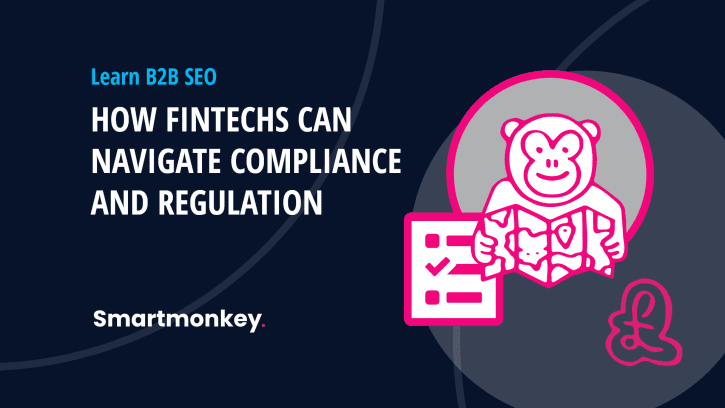How to thrive in ‘25: How FinTechs can navigate compliance and regulation
What will I learn?
- Build a compliance framework
- Engage with regulatory and industry bodies
- Develop a culture of compliance
- Lean on technology to make compliance easier
- Stay ahead of the industry with ongoing education

Compliance can often be seen as the party crasher. But compliance is essential for FinTechs. Not only does compliance ensure the business stays free of fines, controversies, and legal issues, but it is a crucial component of building trust and credibility with customers. However, understanding these regulations can be overwhelming for new and established companies alike.
For FinTech companies looking to thrive in this highly regulated environment, it’s essential they adopt strategies that not only ensure compliance but also leverage regulatory frameworks as a competitive advantage.
Build a compliance framework
Many FinTechs struggle with compliance due to a lack of structured processes and an insufficient understanding of regulatory requirements. This can lead to costly fines and reputational damage. But a solid compliance framework that outlines the necessary policies, procedures, and controls for ensuring regulatory adherence helps all areas of the business understand its place and how each department has a role to play.
Regular training and education play a vital role in ensuring the business is adhering to compliance, while investing in expert advice and guidance can also help to drive a compliance-first thought process throughout the whole company.
Engage with regulatory and industry bodies
Regulations can shift rapidly, so staying up-to-date and connected with regulators and industry peers is essential for compliance. As such, it is a great idea to actively engage with regulatory bodies, such as the FCA, and participate in industry groups to stay informed about regulatory updates and best practices.
This can look like periodic meetings with FCA representatives or compliance officers to discuss your operations and any regulatory concerns, joining industry associations, and participating in consultations. This allows for a two-way line of communication, placing brands as thought leaders in compliance and regulation.
Develop a culture of compliance
Compliance is everyone’s responsibility. And a lack of commitment to compliance across all levels of the company can lead to oversight and increased risks. Compliance should not be viewed as a box-ticking exercise but as a core part of the business. Foster a culture of compliance by embedding compliance responsibilities into the company’s values and operational practices for all teams.
This often starts from the top, so ensure that senior management prioritises compliance and communicates its importance to the entire business. Their commitment sets the tone for a culture that values compliance. Leading from the front can also encourage individuals and teams to create their own processes. For instance, we have worked with brands to streamline their compliance sign-off process, reducing touchpoints where it makes sense to, and enabling content to be published more quickly – without the risk of breaches.
Lean on technology to make compliance easier
Constantly evolving regulations can be difficult to keep track of. Many FinTechs lack the resources or expertise to manage compliance effectively, leading to oversights. However, while there will always be room for human error, RagTech eliminates this.
RagTech enables automated reporting, transaction monitoring, and risk assessment to minimise the chances of issues for FinTech businesses, while the rise of AI has made this even more reliable. Technology can be a big outlay – especially for smaller businesses – but if they save time and reduce the chances of a hefty fine landing on your desk, it can be one of the best investments.
Stay ahead of the industry with ongoing education
If companies are to adapt to regulations, they need to be agile enough to adapt to new requirements. Many FinTechs struggle to stay current with regulatory changes, risking non-compliance. But establishing a continuous education program focused on compliance updates and best practices ensures that employees are informed and prepared to adapt to new regulations as they arise.
It’s a great idea to develop ongoing training programs that include webinars, online courses, and workshops focused on compliance topics. Tailor these programs to different roles within the business to address specific and differing compliance responsibilities. This can then lead to incorporating scenario-based training that allows employees to practise responding to compliance-related challenges. This can help reinforce knowledge and prepare staff for real-world situations.
If you found this useful and would like to find out more about our specialist fintech SEO services, get in touch.